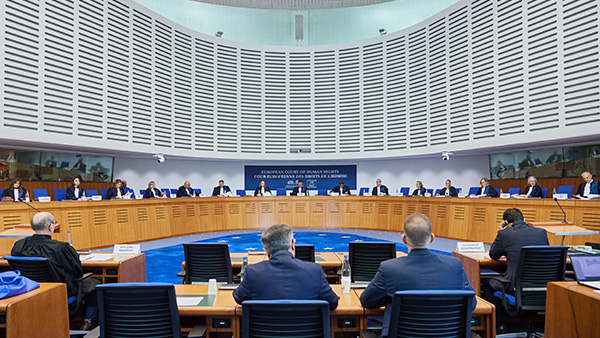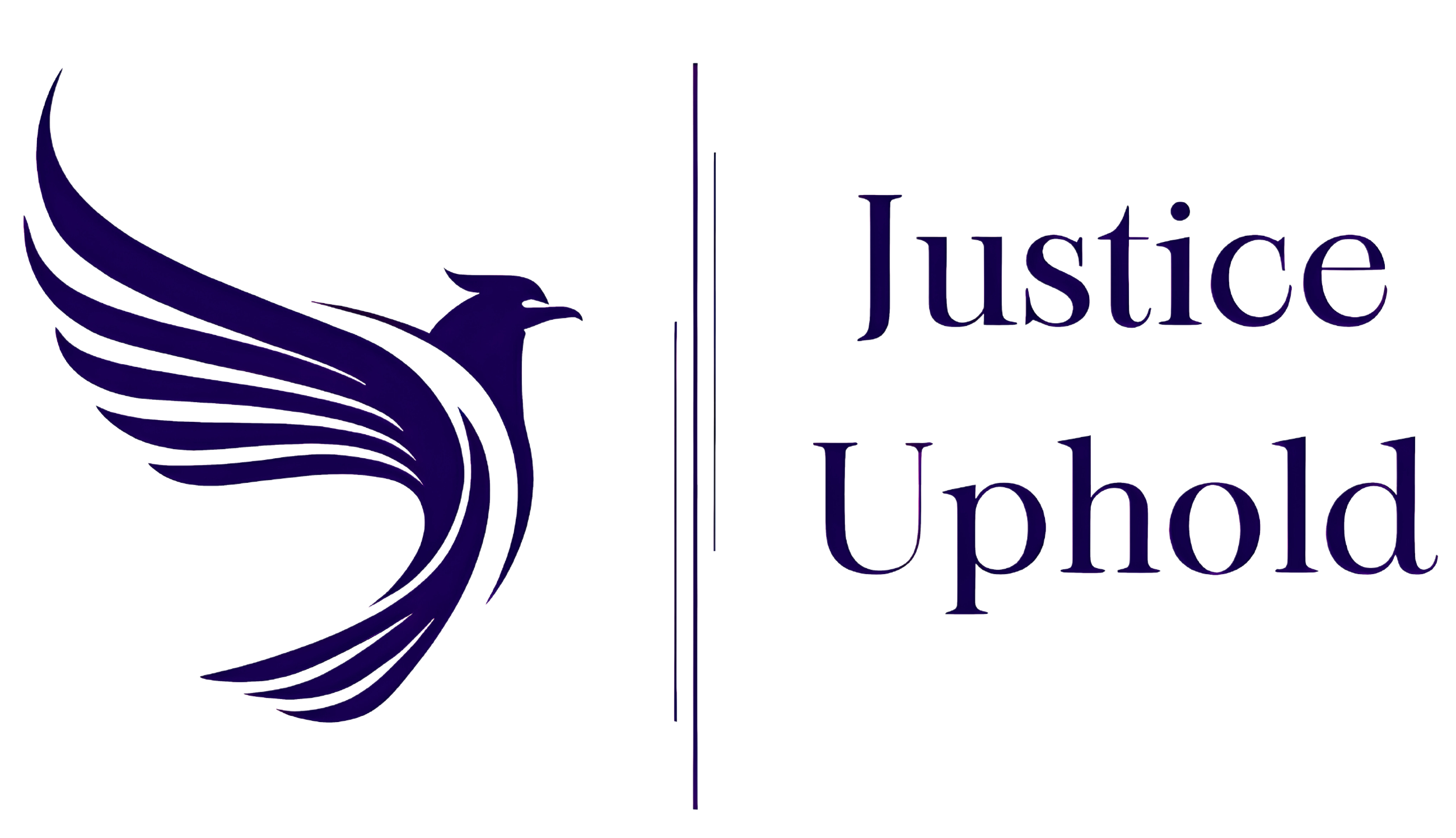
Held on May 7, 2025 at the Grand Chamber of the European Court of Human Rights (ECtHR), the Yasak v. Turkey case marked a remarkable turning point in terms of both its legal content and international interventions. The controversial decision by the Second Chamber of the ECHR against the applicant, who was convicted on charges of “membership of an armed terrorist organization” due to his activities linked to the Gülen Movement, was put back on the table with this hearing. The case of Şaban Yasak could serve as a litmus test for cases coming from Turkey after the ECtHR’s earlier precedent-setting Yalçınkaya judgment.
In its judgment announced on August 27, 2024, the ECtHR ruled that Yasak’s conviction did not violate the principle of “no crime and punishment without law” enshrined in Article 7 of the European Convention on Human Rights. However, the verdict was widely criticized, particularly for the weakness of the evidence and the lack of a concrete presentation of the elements of the crime. The absence of any other evidence other than the applicant’s Bank Asya account, witness statements and HTS recordings brought to the fore the view that the conviction was based on weak grounds. It was also stated that some of the witness statements relied on by the ECtHR in the judgment were entered into the file after the trial, but were not discussed at the appeal or cassation stages.
Abdullah Aydın, Head of the Human Rights Department of the Ministry of Justice, and lawyers Stefan Talmon and Olgun Değirmenci represented the Turkish Government at the hearing in Strasbourg. The government argued that the applicant’s actions indicated membership of a terrorist organization and argued that the proceedings were fair. It also argued that the charges were foreseeable, but there were notable gaps in their defense. In particular, it was admitted that actions such as depositing money in Bank Asya, using a code name or staying in congregation houses did not in themselves constitute a crime. More strikingly, it was argued that individuals have the burden of proving their innocence, which is in clear contradiction with the principles of the rule of law.
Belgian lawyers Prof. Dr. Johan Van De Lanotte and Johan Heymans, who defended the applicant, emphasized that the Second Chamber of the ECtHR had examined the file incompletely and with prejudice and that the conviction had neither the material nor the moral elements of the crime.
A First at the ECtHR; Meanwhile, before the hearing, an important development took place and the UN Special Rapporteur intervened in the Ban Case with a Third Party Opinion.
Ahead of the hearing of Yasak v. Turkey at the ECHR on May 7, 2025, an important development took place. Prof. Ben Saul, the UN Special Rapporteur on Counter-Terrorism and Human Rights, intervened in the case as a third party. In his submission, the Rapporteur emphasized that the definition of terrorism has been arbitrarily expanded in the trials related to the Gülen Movement, the principle of retroactive legality in criminal practices has been violated, and judicial processes in Turkey do not comply with human rights standards.
This was a pioneering intervention in the ongoing cases against Turkey before the ECtHR and raised expectations for a reconsideration of the Ban decision.

On May 7, 2025, a historic development took place in the Yasak v. Turkey case at the European Court of Human Rights (ECHR). The United Nations Special Rapporteur on Counter-Terrorism and Human Rights, Prof. Dr. Ben Saul, provided a third-party opinion in this case. This intervention is a first for the UN Special Rapporteur’s applications against Turkey before the ECtHR.
Critical Intervention in terms of International Human Rights
The UN Special Rapporteur’s opinion assessed the case in light of universal principles on the protection of human rights in the context of counter-terrorism. Prof. Saul’s opinion directly criticizes the approach taken by the Second Chamber of the ECtHR in its judgment and points to a violation of Article 7 of the European Convention on Human Rights (ECHR) (the principles of legality and foreseeability).
In particular, the following points stand out in the opinion:
– Vague definition of terrorism: It is stated that actions related to the Gülen Movement in the 2011-2014 period cannot be defined as “terrorist offenses” and that the activities in this period do not clearly constitute a crime.
– Lack of moral element of the crime: It is emphasized that there is no concrete evidence that the applicant knew about the coup attempt, which is the ultimate goal of the organization, and only abstract assumptions such as “he should have known” are used.
– Criticism of covert activity: It states that the use of “code names” and similar behavior can be done to ensure personal security in repressive regimes, and that such actions should not automatically be criminalized.
– The vagueness of TCK 314: It is stated that criteria such as “continuity, diversity and intensity”, which pave the way for many people in Turkey to be tried under the same criteria, are used vaguely and arbitrarily.
The decision is expected to set a precedent for thousands of cases in Turkey
The UN Special Rapporteur’s opinion sheds light not only on the applicant’s case, but also on thousands of similar cases filed after July 15. The Rapporteur found that in most of these cases, individualized criminal intent was not examined and sentences were handed down with a collective logic.
In this context, the Grand Chamber’s judgment could not only decide the fate of Şaban Yasak, but could also be a legal turning point for freedom of expression, freedom of religion and the right to a fair trial in Turkey.
The full position paper is available at this link:
097554080931910?t=d5Nwy3ghLDyc7C7OJ_LdBQ
What Happens Next?
The parties have been given 8 days to submit additional information. After this period, the Court will draft its decision in secret sessions. The verdict is expected to be written in line with the Yalçınkaya precedent and will be announced sooner.
This case is not only about Şaban Yasak’s freedom; it has the potential to have far-reaching implications for the rule of law, judicial independence and the protection of fundamental rights in Turkey. The intervention of the UN Special Rapporteur can ensure that this process is more carefully considered within the framework of international human rights law.
Hearing Record:
The video of the hearing published on the official X (former Twitter) account of the ECHR is available here:
